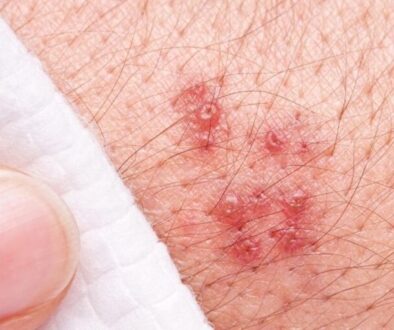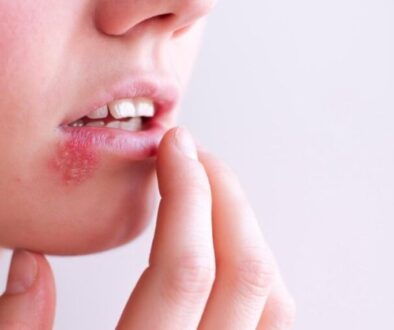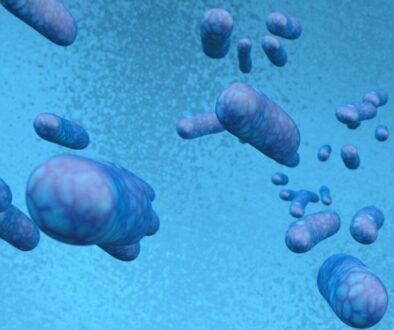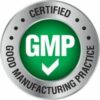How to Know If The Bump on The Roof of Your Mouth is Due to Herpes

Published May 31, 2021
Most people often worry when bumps and lumps appear on the roof of their mouth. But the truth is that they’re not uncommon at all.
At some point in your life, you must have experienced a bump on your tongue, cheek, lips, or gums. We’re here to talk about these bumps, mainly when they appear on the roof of your mouth.
Though those bumps can be caused by a lot of things, there’s a good chance that it’s a sign of oral herpes. So how do you know if it’s herpes? Read on to find out.
Are Bumps on Roof of Mouth Normal?
Just like with the rest of our anatomy, there is no one-size-fits-all standard when it comes to our oral cavities. For most people, the roof of their mouth is a smooth concave. While others may have noticeable bumps and ridges around the area.
But what’s not normal is when these bumps and lumps are causing you discomfort. Most of the time, these bumps heal by themselves and won’t require treatment. But there are times when these bumps become painful and refuse to go away. In such cases, you may need to consult your doctor.
Common Causes of Mouth Bumps
There are several oral health issues that can lead to bumps on the roof of your mouth. This includes:
- Torus palatinus – bony growth in the middle of the hard palate
- Canker sores – painful mouth sores
- Cold sores – a symptom of oral herpes
- Nasopalatine duct cyst – cyst of the palatine papilla; typically painless
- Epstein pearls – whitish-yellow cyst common in newborns
- Burns – stem from hot beverages or foods burning the roof of the mouth
- Trauma or injury – an oral injury can cause scar tissue to form on the roof of the mouth leading to bumps. In cases like this, gargling with warm salt water may help.
- Mucoceles – round fluid-filled that develop on the roof of the mouth due to an inflamed salivary gland.
- Candidiasis – a form of yeast infection that can cause red or white bumps in the mouth. This is usually treated with antifungal medication.
- Squamous papilloma – oral squamous papillomas are noncancerous masses caused by the human papillomavirus (HPV).
- Hyperdontia – the development of too many extra teeth; this condition can cause teeth to grow further back in the roof of the mouth rather than right behind the front teeth. People with hyperdontia may also experience jaw pain and headaches.
Oral cancer – any cancer that forms in the mouth or lips. Open, bleeding sores that don’t heal and are oddly shaped are also signs of oral cancer.

Oral Herpes and Mouth Bumps
Oral herpes is the infection caused by the herpes simplex virus (HSV). HSV is generally classified into two types: herpes simplex virus-1 (HSV-1) and herpes simplex virus-2 (HSV-2).
Both classifications are incredibly widespread, as 67% of people under 50 have HSV-1, while 13% of people aged 15-49 have HSV-2. Of the two types, HSV-1 is responsible for most cases of oral herpes. This virus is highly contagious and spreads through skin-to-skin contact like kissing.
The virus causes painful sores to appear on the lips, tongue, and mucous membrane lining the mouth (oral mucosa). These sores are called “cold sores,” and last about 2-3 weeks before subsiding. They first appear as painful or irritated bumps and develop into fluid-filled blisters. These blisters typically burst after two days or so which causes even more pain.
How Do I Know If It’s Herpes?
As mentioned, the lumps and bumps on the roof of your mouth can be caused by a lot of things. But if the lesions or cold sores are accompanied by the following symptoms, then there’s a good chance it’s herpes:
- tingling or burning sensation before sores first appear
- fever
- muscle aches
- swollen lymph nodes
But before you start panicking, make sure to confirm it with your doctor or dentist first. For a definitive diagnosis, your doctor may administer the following tests:
- Viral culture
- Biopsy
- A staining test called Tzanck smear
- Antigen and antibody analysis
- Blood sampling
- Treatment
What To Do If The Bumps Are Indeed Herpes
Once infected with the herpes simplex virus, the infection is lifelong. No medications can cure the virus, but it definitely is manageable. Many people live long, fulfilling lives despite having the virus.
To treat fever and muscle aches, experts recommend the following over-the-counter medications:
- Acetaminophen (Feverall, Panadol, Tylenol)
- Ibuprofen (Ibuprin, Advil, Motrin)
Antiviral drugs (acyclovir, famciclovir, valacyclovir) are also useful in promoting healing, preventing outbreaks, and alleviating some symptoms. These are prescription drugs, so you will need to see a doctor to get them. Your doctor will also provide medical advice on how to properly deal with oral herpes.
To prevent the spread of the herpes simplex virus and promote overall health, we recommend you follow these guidelines:
- don’t kiss anyone when having an active outbreak
- avoid close contact with others
- Don’t share personal items, such as razors, toothbrushes, lip balm, or face towels
- don’t share foods and beverages
- avoid touching the lesions
- maintain proper oral hygiene
- stay away from people with compromised immune systems
- frequently wash your hands
Conclusion
Herpes is a lifelong virus that can have recurring outbreaks. Taking good care of your body by adopting a nutrient-rich diet and healthy habits can drastically reduce the number of outbreaks you experience. Generally, you won’t need to be too worried if cold sores appear in and around your mouth, but if symptoms do not get better after a few weeks, please consult your doctor.
Suffering From Herpes Type 2 Outbreaks?
Herpezine is a specially formulated all-natural mixture of ingredients proven to help relieve and prevent HSV2 outbreaks when used as directed. This safe, over-the-counter Herpes treatment contains both traditional homeopathic and scientifically proven anti-viral ingredients such as L-Lysine HCI and Bee Propolis. Learn more about Herpezine on our website and visit our pricing page to purchase your first bottle.
How to Tell If It’s a Herpes Rash
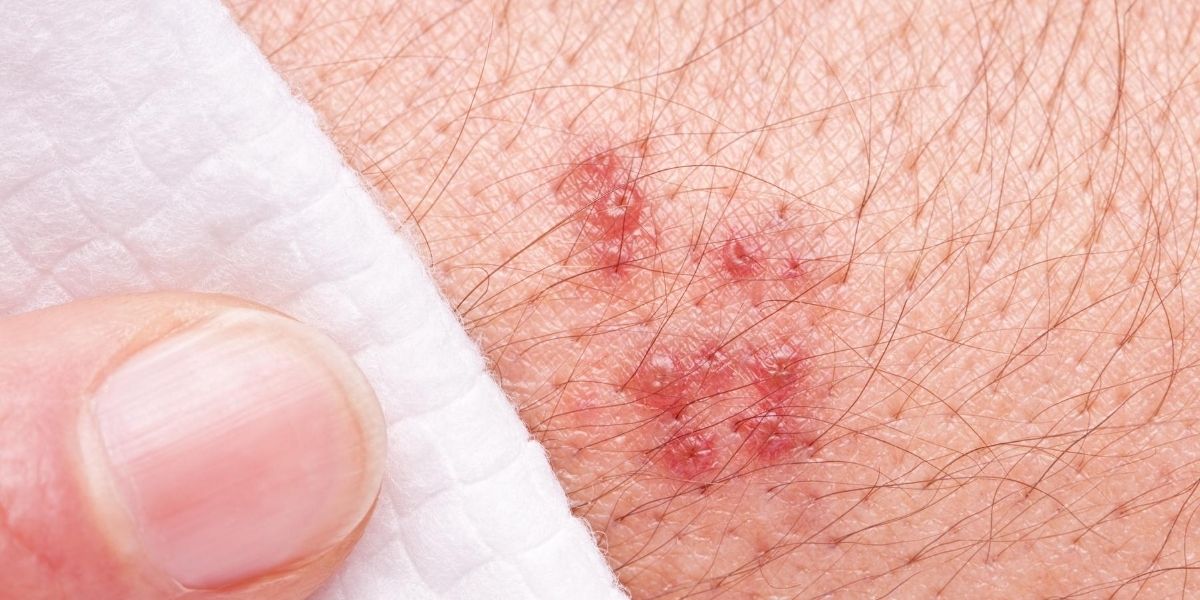
Published June 06, 2021 According to the World Health Organization, the herpes simplex virus (HSV) affects more than 4 billion people worldwide. This makes herpes one of the most common sexually transmitted infections globally. There are generally two types of herpes: HSV-1 and HSV-2. The former causes cold sores (oral herpes) and fever blisters while […]
Disseminated Herpes: Definition, Cause, Symptoms and Treatments

Published May 31, 2021 According to the World Health Organization, about 3.7 billion people in the world are suffering from herpes. This makes the herpes simplex virus (HSV) an especially widespread virus across the world. As such, many of us are already familiar with how herpes works. But there are instances when a simple case […]
Bacterial vs. Viral Infection: The Key Differences

Published April 5, 2021 Over the years, there have been inevitable confusion between bacterias and viruses. Some individuals cannot seem to conclude if bacterias and viruses are the same things or not. The truth is that the two are very much different in various aspects. You must know how to tell the difference between a […]
Can Herpes Affect Your Immune System?

Published April 5, 2021 Explaining whether or not herpes can weaken or boost the immune system is not as simple as you think it may be. Studies conflict as to whether or not the Herpes virus affects your entire immune system. This article will hopefully shed some light and answer the question: does herpes weaken […]

